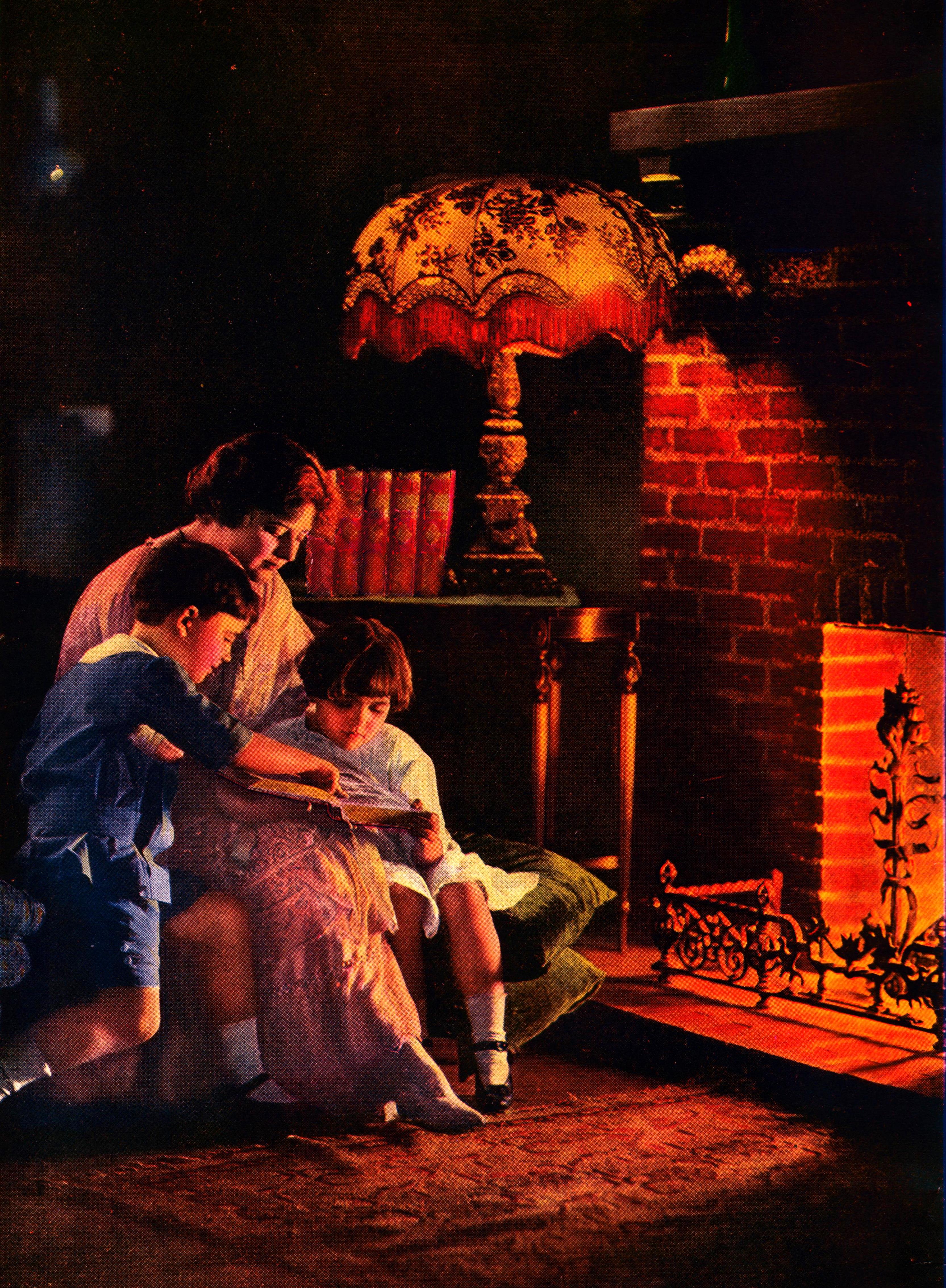|
Manuel García Ferré
Manuel García Ferré (8 October 1929 – 28 March 2013) was a Spanish Argentine animation director and cartoonist. Biography García Ferré was born in Almería, Spain, in 1929. He arrived in Argentina in 1947, and worked for advertising agencies while studying architecture. In 1952 his character Pi Pío was accepted and published by the important magazine ''Billiken''. In 1964 he created '' Anteojito'', a children's magazine which at its height in the 1970s, had a circulation of 300,000 copies. As director of his own animation studio, García Ferré created numerous animated TV series and films. The most influential of these was ''Hijitus'', aired between 1967 and 1974 on Channel 13. The first animated television series in Argentina, ''Hijitus'' was also aired elsewhere in the region and became the most successful television series of its kind in Latin America. He managed ''Anteojito'' magazine until its last issue in 2002, and from 1985 to 2007 he was editor of another public ... [...More Info...] [...Related Items...] OR: [Wikipedia] [Google] [Baidu] |
Almería
Almería (, , ) is a city and municipalities in Spain, municipality of Spain, located in Andalusia. It is the capital of the province of Almería, province of the same name. It lies in southeastern Iberian Peninsula, Iberia on the Mediterranean Sea. Caliph Abd al-Rahman III founded the city in 955. The city grew wealthy during the Islamic era, becoming a world city throughout the 11th and 12th centuries. It enjoyed an active port that traded Almerían silk, silk, oil, and raisins. Being adjacent to a small desert, Almería has an exceptionally dry climate by European standards. Etymology The name "Almería" comes from the city's former Arabic name, ''Madīnat al-Mariyya'', meaning "city of the watchtower". As the settlement was originally the port or coastal suburb of Pechina, it was initially known as ''Mariyyat al-Bajjāna'' (''Bajjāna'' being the Arabic name for Pechina). History The origin of Almería is connected to the 9th-century establishment of the so-called Republic ... [...More Info...] [...Related Items...] OR: [Wikipedia] [Google] [Baidu] |
Manuelita (film)
''Manuelita'' is a 1999 Argentine animated adventure comedy-drama film directed by Manuel García Ferré. It was Argentina's official Best Foreign Language Film submission at the 72nd Academy Awards, but did not manage to receive a nomination. It is also the first ever animated film by Scope, and the first ever family movie by Scope. ''Manuelita'' comes from a children's song of María Elena Walsh. Isa Cucinotta, co-curator of '' Rá-Tim-Bum Castle'', said that ''Manuelita'' was as famous in Argentina as ''Winnie the Pooh'' was in the United States. Plot The Patriarch of the Birds (a character who first appeared in '' Trapito'') tells other animals the story of Manuelita, the turtle. Born in Pehuajó, Manuelita has an adventurous and curious spirit since she hatches from an egg. A few years pass and she starts school with her two best friends, Topi and Bartolito. Three dogs mock and bully them in their way to and back. When they take Manuelita's backpack and toss it around, Bar ... [...More Info...] [...Related Items...] OR: [Wikipedia] [Google] [Baidu] |
Argentine Animated Film Producers
Argentines, Argentinians or Argentineans are people from Argentina. This connection may be residential, legal, historical, or cultural. For most Argentines, several (or all) of these connections exist and are collectively the source of their being Argentine. Argentina is a multiethnic society, home to people of various ethnic, racial, religious, denomination, and national origins, with the majority of the population made up of Old World immigrants and their descendants. As a result, Argentines do not equate their nationality with ethnicity, but with citizenship and allegiance to Argentina. Aside from the indigenous population, nearly all Argentines or their ancestors immigrated within the past five centuries. Among countries in the world that have received the most immigrants in modern history, Argentina, with 6.6 million, ranks second to the United States (27 million), and ahead of other immigrant destinations such as Canada, Brazil and Australia. Ethnic groups Overview ... [...More Info...] [...Related Items...] OR: [Wikipedia] [Google] [Baidu] |
Spanish Emigrants To Argentina
Spanish might refer to: * Items from or related to Spain: **Spaniards are a nation and ethnic group indigenous to Spain **Spanish language, spoken in Spain and many countries in the Americas **Spanish cuisine ** Spanish history **Spanish culture **Languages of Spain, the various languages in Spain Other places * Spanish, Ontario, Canada * Spanish River (other), the name of several rivers * Spanish Town, Jamaica Other uses * John J. Spanish (1922–2019), American politician * "Spanish" (song), a single by Craig David, 2003 See also * * * Español (other) * Spain (other) * España (other) * Espanola (other) * Hispania, the Roman and Greek name for the Iberian Peninsula * Hispanic, the people, nations, and cultures that have a historical link to Spain * Hispanic (other) * Hispanism * Spain (other) * National and regional identity in Spain * Culture of Spain The culture of Spain is influenced by its Western ... [...More Info...] [...Related Items...] OR: [Wikipedia] [Google] [Baidu] |
People From Almería
The term "the people" refers to the public or common mass of people of a polity. As such it is a concept of human rights law, international law as well as constitutional law, particularly used for claims of popular sovereignty. In contrast, a people is any plurality of persons considered as a whole. Used in politics and law, the term "a people" refers to the collective or community of an ethnic group or nation. Concepts Legal Chapter One, Article One of the Charter of the United Nations states that "peoples" have the right to self-determination. Though the mere status as peoples and the right to self-determination, as for example in the case of Indigenous peoples (''peoples'', as in all groups of indigenous people, not merely all indigenous persons as in ''indigenous people''), does not automatically provide for independent sovereignty and therefore secession. Indeed, judge Ivor Jennings identified the inherent problems in the right of "peoples" to self-determination, as i ... [...More Info...] [...Related Items...] OR: [Wikipedia] [Google] [Baidu] |
2013 Deaths
This is a list of lists of deaths of notable people, organized by year. New deaths articles are added to their respective month (e.g., Deaths in ) and then linked below. 2025 2024 2023 2022 2021 2020 2019 2018 2017 2016 2015 2014 2013 2012 2011 2010 2009 2008 2007 2006 2005 2004 2003 2002 2001 2000 1999 1998 1997 1996 1995 1994 1993 1992 1991 1990 1989 1988 1987 1986 Earlier years ''Deaths in years earlier than this can usually be found in the main articles of the years.'' See also * Lists of deaths by day * Deaths by year (category) {{DEFAULTSORT:deaths by year ... [...More Info...] [...Related Items...] OR: [Wikipedia] [Google] [Baidu] |
1929 Births
This year marked the end of a period known in American history as the Roaring Twenties after the Wall Street Crash of 1929 ushered in a worldwide Great Depression. In the Americas, an agreement was brokered to end the Cristero War, a Catholic Counter-revolutionary, counter-revolution in Mexico. The Judicial Committee of the Privy Council, a British high court, ruled that Canadian women are persons in the ''Edwards v. Canada (Attorney General)'' case. The 1st Academy Awards for film were held in Los Angeles, while the Museum of Modern Art opened in New York City. The Peruvian Air Force was created. In Asia, the Republic of China (1912–1949), Republic of China and the Soviet Union engaged in a Sino-Soviet conflict (1929), minor conflict after the Chinese seized full control of the Manchurian Chinese Eastern Railway, which ended with a resumption of joint administration. In the Soviet Union, General Secretary of the Communist Party of the Soviet Union, General Secretary Joseph S ... [...More Info...] [...Related Items...] OR: [Wikipedia] [Google] [Baidu] |
Once Upon A Time
"Once upon a time" is a stock phrase used to introduce a narrative of past events, typically in fairy tales and folk tales. It has been used in some form since at least 1380 in storytelling in the English language and has started many narratives since 1600. These stories sometimes end with "and they all lived happily ever after", or, originally, "happily until their deaths". The phrase is common in fairy tales for younger children. It was used in the original translations of the stories of Charles Perrault as a translation for the French "", of Hans Christian Andersen as a translation for the Danish "" (literally "there was once"), the Brothers Grimm as a translation for the German "" (literally "it was once") and Joseph Jacobs in English translations and fairy tales. In ''More English Fairy Tales'', Joseph Jacobs notes that: The phrase is also used in retellings of myths, fables and folklore. Other languages The "story-starting phrase" is a common feature of many lang ... [...More Info...] [...Related Items...] OR: [Wikipedia] [Google] [Baidu] |


